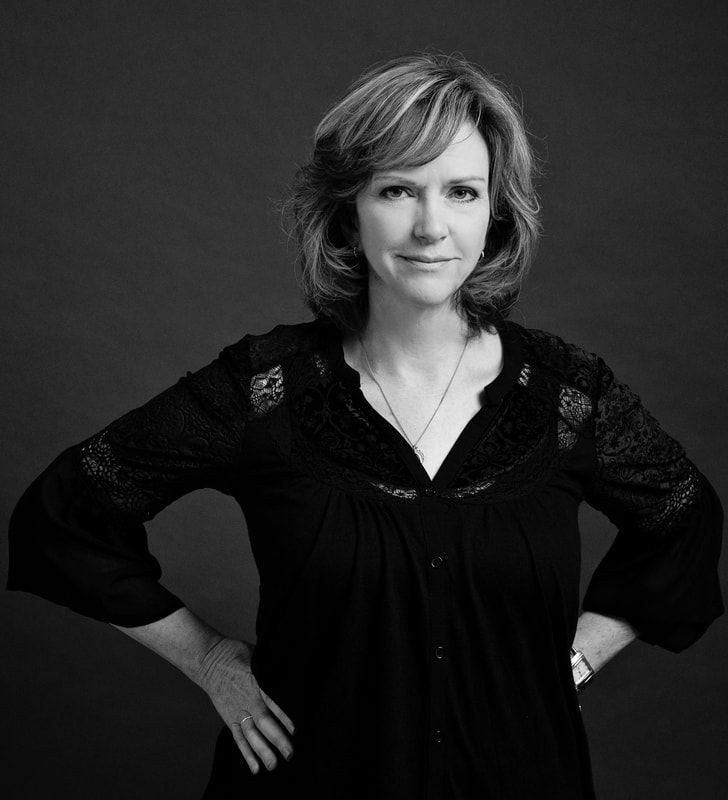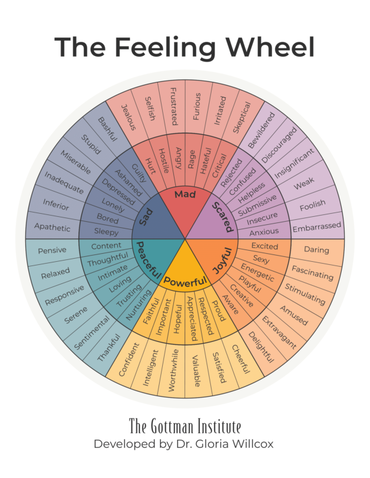|
Recent research is opening up new avenues of hope for people suffering from chronic pain. These studies have shown definitively that chronic back pain, repetitive strain juries, headaches, fibromyalgia and other forms of chronic pain are often not the result of structural issues (although they may have started out that way) but of brain-based physiologic processes that can be reversed. This is called “neuroplastic pain.” Neuroplastic pain results from the brain being hijacked and misinterpreting safe messages and sensations from the body as is they were dangerous or threatening. Really, neuroplastic pain is like a false alarm constantly going off when the fire department has cleared the building and deemed it danger free. This is not to say that the pain is “all in your head” or even imaginary. Brain imaging studies show that the pain is very real. It’s just that the brain has been sensitized to look for threat where there is none, and its neural pathways need to be retrained to reframe pain as just a “sensation,” or “discomfort.” The definition of pain is sensation PLUS fear. We need to take fear out of the equation, in order to feel better. This is easier said than done. If you have the anxious brain trained to seek out danger, you’re going to tell yourself there’s a structural reason you’re having these sensations, even if the doctors have found nothing structural as the cause. You will find reasons that this cannot apply to you and convince yourself that your pain is different, and not capable of being helped. Often doctors will give a big scary diagnosis to people who then take that and make it into a catastrophic end. Take “Degenerative Disc Disease” for instance. What is that? Potentially a normal sign of aging. Just as we develop wrinkles on our skin, we develop changes internally when we age, like thinner tissue between spinal discs. But someone with anxious brain could start to pay attention to any spine changes, deem them catastrophic, and start having back pain. Whereas, someone with a less anxious brain might ask their doctor for a few exercises, and look for ways to lessen inflammation in the body and forget about the diagnosis, feeling no pain at all. What causes this anxious brain that can lead to chronic pain? Researchers at the Pain Psychology Center suggest that our brains may learn this behavior from events such as challenging childhood experiences, past negative health experiences, everyday adult stress, perfectionism, and major life events . When the nervous system is overwhelmed it can start sending signals to produce symptoms such as migraines, fibromyalgia, fatigue, back pain, IBS and other GI issues, lingering pain from old injuries, etc. This might seem overwhelming, but the good news is that it can be lessened or overcome by working with a certified Pain Reprocessing Therapy provider like Heather Hruby. PRT teaches proven ways to overcome chronic pain experiences by educating about neuroplastic pain and how the brain can misinterpret safe signals as if they were dangerous, retraining the brain and nervous system to find more safety in the body and in the world and finding successes in overcoming chronic pain in small ways that add up to big changes overall. If this post resonates with you and you want to see if I would be a good fit counselor to meet with you, please contact one of the therapists at New Leaf today. You can email us at [email protected] or fill out our website contact form. https://www.painreprocessingtherapy.com/neuroplastic-pain Photo by Kampus Production: https://www.pexels.com/photo/tired-elderly-man-standing-on-the-beach-sand-8638038/
Emotional IntelligenceHow are your people skills? Are you aware of when someone may be happy, upset, or nervous? Can you tell when you are feeling sad, excited, scared, or filled with joy? Emotional intelligence is our ability to recognize our own and others’ emotions, label feelings, know the difference between particular feelings, and use this information to direct our thinking and behavior.
Some ways to increase emotional intelligence: 1. Process your feelings and experiences through journaling. As you write freely, you become more aware of yourself and your experiences. 2. Learn the names of various emotions. Get a feelings wheel or list of feelings and download it to your phone to look at whenever you need to label an emotion.
3. Take it to the next level by naming the thought that accompanies that emotion. Thoughts and feelings are generally tied together. If you are having a feeling, there is usually a thought that accompanies it. Such as feeling scared and thinking you should turn the lights on or thinking you are not safe. If you are having a thought, there is usually a feeling that accompanies it. Such as thinking you cannot wait to eat pizza tonight and feeling excited. 4. Are you experiencing your emotions in your body?
5. Process emotions, thoughts, both yours and others.
6. You have ownership over your life. You can choose how you respond to any given situation. Try the suggestions in this post to increase your emotional intelligence. Focus on what you can control and experience the freedom that accompanies that mindset. Thank you for reading! If this post resonates with you and you want to see if I would be a good fit counselor for you, please contact us today You can email us at [email protected] or fill out our website contact form.
There are several factors that make counseling unique from other ways of seeking help. I love that there are many avenues of help for someone seeking mental health treatment. Growing up, I don’t ever remember hearing anyone talk about depression, anxiety, trauma, or any other mental health concern. Now that we are talking more about our mental health, it’s important to know about the different types of treatment available. Let’s talk about some ways that people seek help so you can decide if you need counseling to address your specific mental health concerns. I read ______ book, do I still need counseling?There are an abundance of self-help books available on the market today! Any type of concern or question you have, there are probably hundreds of books out there that can help. Reading self-help books is considered psychoeducation. Psychoeducation is any type of informational learning about mental health concerns, treatments, and diagnoses.
I follow ______ on Instagram, do I still need counseling?There are so many incredible and skilled counselors and therapists that I follow on Instagram also! They may be a counselor, but they are not YOUR counselor. Following them on Instagram will not replace personal counseling. The material they provide on social media is considered psychoeducation as they are providing information and education about mental health.
I HAVE GREAT FRIENDS AND SUPPORTIVE FAMILY, DO I STILL NEED COUNSELING?
I HAVE THE WISEST MENTOR, HOW IS COUNSELING DIFFERENT?ost people also do not have a wise mentor, so that is great! Many, but not all, mentor relationships have the dynamic of a two-way relationship where you are freely hearing about the mentor’s life and you both know each other well. Many mentor relationships happen naturally within your community by reaching out to someone who you want to teach you something, guide you toward a goal, or just walk alongside you at your current phase of life. Many informal mentor relationships have not agreed that you are going to keep information shared confidential. Mentoring can happen in many informal settings, such as a person’s home or a coffee shop. I think mentoring is wonderful, but counseling is different. Counseling is confidential*, takes place in more formal settings, like an office, and your counselor follows a specific treatment plan guided by a counseling theory to help you reach your goals. HOW IS COUNSELING DIFFERENT FROM PSYCHIATRY, MEDICAL CARE, OR PSYCHOLOGY?A psychiatrist is someone who prescribes mental health medication. They do this by diagnosing and treating your mental health diagnosis. A counselor also diagnoses and treats mental health conditions. A counselor cannot prescribe medication. A psychiatrist has been through medical school, medical residency, has a doctorate degree and a medical license. A counselor has a master’s degree and a state license for counseling or social work.
DO I NEED COUNSELING?Ultimately, that is up to you to determine. If it feels like something is holding you back, counseling may help you figure out what changes you need to make in your life to live more freely and confidently. Counseling has the formality of setting specific goals to meet your particular needs. A counselor follows a code of ethics, specific theories of treatment they follow, and ensures that the time in session is focused on you and your needs. Continue reading your books, following helpful social media accounts, be in relationships with friends, family members, and mentors, and take your medications as directed by your doctor. If you think you need another type of care, counseling may be able to help you reach your mental health care goals. If this post resonates with you and you want to see if I would be a good fit counselor to meet with you, please contact one of the therapists at New Leaf today. *Similar to any healthcare provider, there are always exceptions to confidentiality, like if someone says they are going to hurt themselves, hurt someone else, or if abuse or neglect of a child or vulnerable adult is disclosed, etc. In those cases, other professionals, such as law enforcement, need to be notified in order to protect the client or others. Your counselor will always tell you what the limits are to confidentiality.
|














